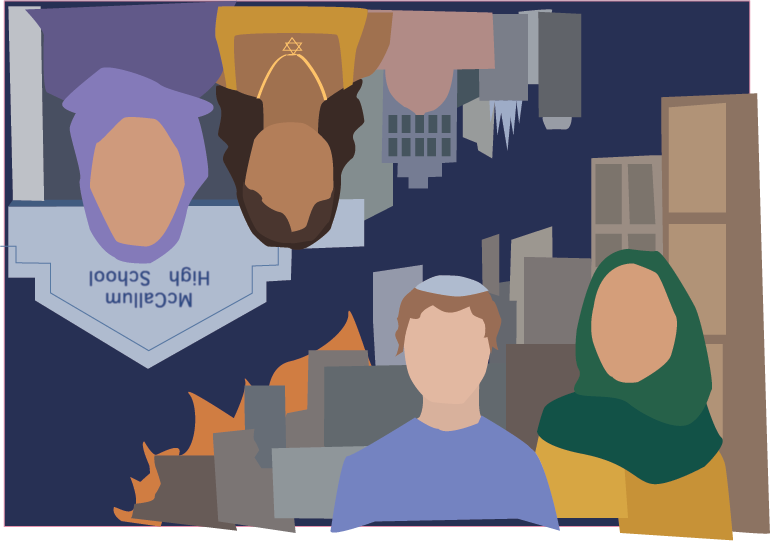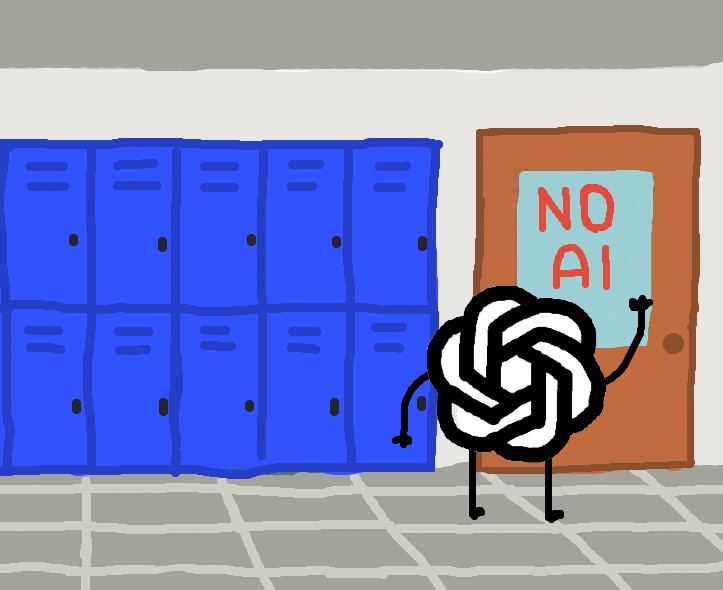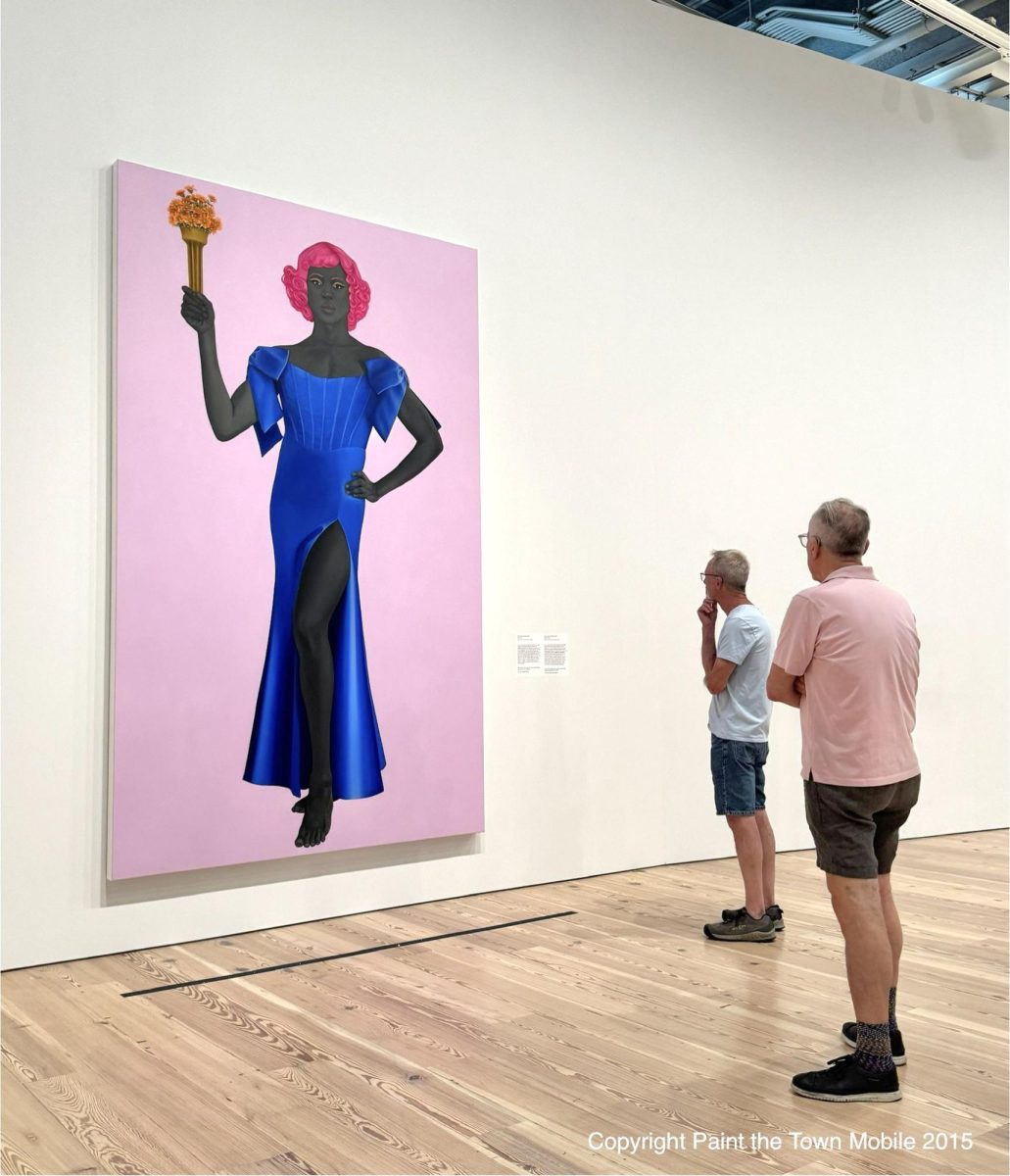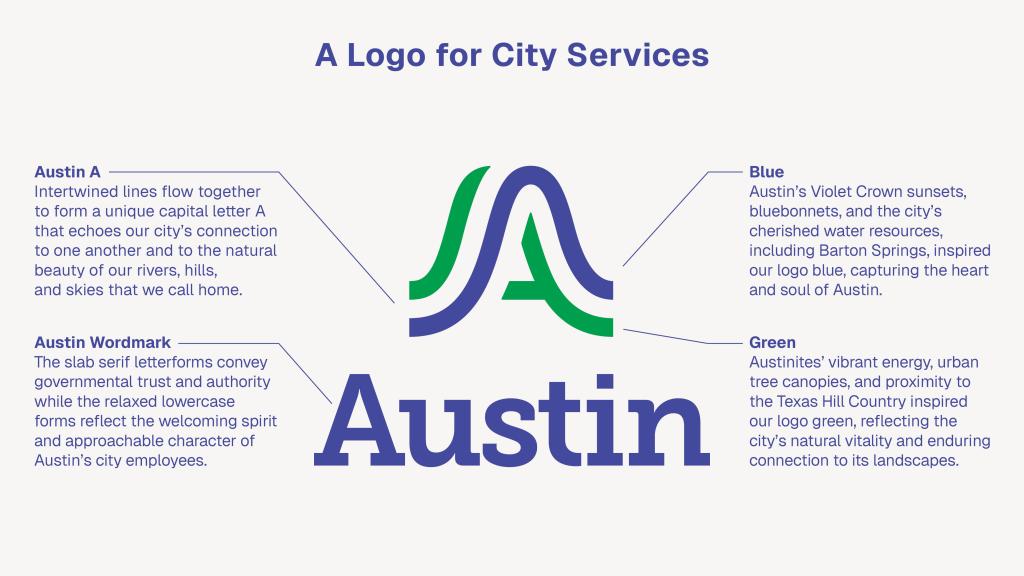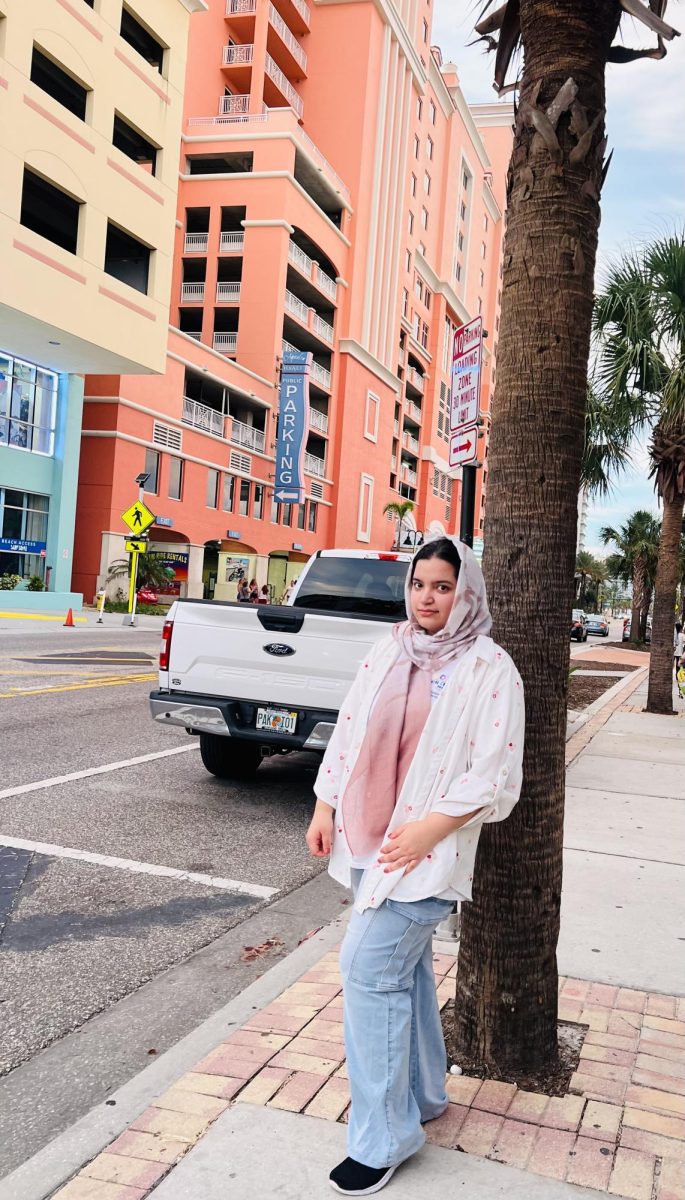On Oct. 7, a surprise attack by Palestinian militant group Hamas on southern Israel killed more than 1,200 people, including 35 Americans, according to an Israeli foreign ministry spokesperson. Hamas kidnapped approximately 200 hostages, including elderly people and children, and while some have been released following a multiple-day pause in fighting, many remain in Gaza. Israel responded to the attack with overwhelming force. In the next six days, Israel dropped nearly 6,000 bombs on Gaza, according to an Israeli Air Force post on X (formerly Twitter) on Oct. 12. Over the course of the next month and a half, Israeli airstrikes on Gaza have killed more than 17,000 people, two-thirds of whom are women and children, according to the Gaza Health Ministry. As of Jan. 5, that number has risen to more than 22,000.
But this war did not begin on Oct. 7. It is the latest manifestation of a 70-year dispute between Israelis and Palestinians, spurred by the 1948 creation of Israel as a Jewish homeland at the end of World War II. The United States has both attempted to resolve the conflict through diplomacy and served as one of Israel’s strongest supporters. In 2022, Israel received $3.3 billion in U.S. military and economic aid, according to the website ForeignAssistance.gov, more than twice the amount given to any other country.
Although the battlegrounds are across the world, this war generates profound emotions for many Jewish, Muslim and Arab Americans. Both the Council for American-Islamic Relations and the Anti-Defamation League report that polarizing public discussion has created a climate of intensifying Islamophobia and antisemitism, which has left many of Austin’s Jews and Muslims residents feeling vulnerable.
And despite the United Nations’ recently adopted resolution demanding a ceasefire in Gaza, the fighting will not stop immediately. Given that the United States cast one of 10 votes against the resolution, we as Americans must continue to speak out against the violence.
As fighting continues and the death toll rises, McCallum community members need to ask themselves how we play a role in this decades long war. Our unique and diverse environment should be a place where Muslim and Jewish students can feel supported and all of us can learn about the conflict in a safe space.
McCallum administrators and teachers need to create a forum where students can come together to learn about a conflict that, at least as a humanitarian crisis, affects us all. We’ve done this, during Black History Month, when McCallum invited Dr. Leonard Moore to speak about African-American history and how understanding others’ cultures is essential for us all to succeed. We can and should do it again. While administrators may be concerned about raising such a sensitive topic, it is crucial that students understand the reality.
While it is impossible for education to replace the urgent need for diplomatic solutions, empathetic discussions are one of the most productive steps to be taken within our communities.


